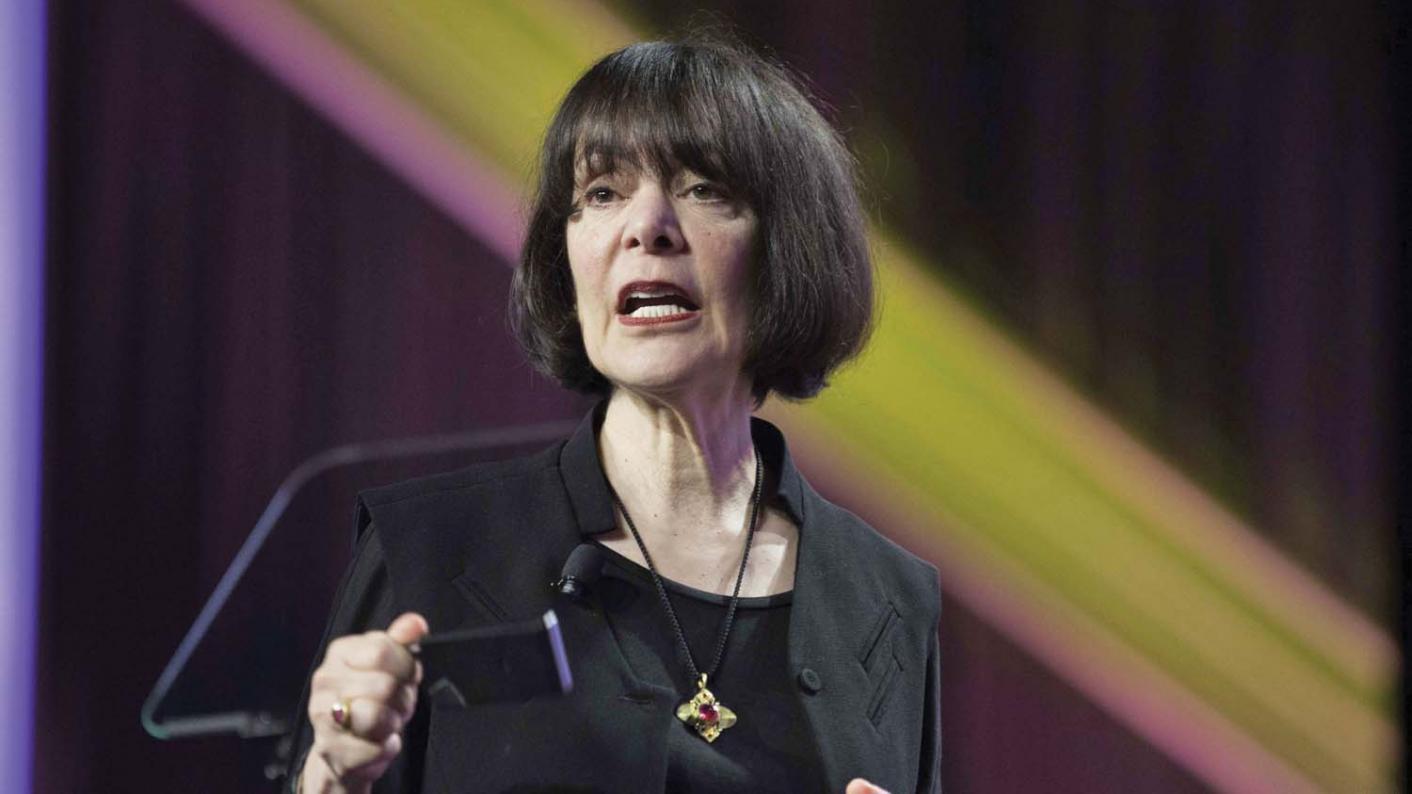Carol Dweck: Where Growth Mindset Went Wrong (Public)
Carol Dweck: where growth mindset went wrong
By Jon Severs, July 4, 2019
Implementation of growth mindset is more complex than anyone imagined, explains academic Carol Dweck, but she believes we are getting closer to getting it right

Carol Dweck has read all of the criticism of her growth mindset theory. She has read the papers on the failed replications. And she has not been surprised.
“Growth mindset is even more complex than we imagined,” admits the Lewis and Virginia Eaton professor of psychology at Stanford University. “In the beginning, as I have freely admitted, we did not recognise the complexity of the implementation.
“[But] once we did, and we began to see how it could be misunderstood and how magical properties began to be attributed to it, then we really got involved.”
Quick read: Is growth mindset the new learning styles?
Quick listen: Carol Dweck discusses her research on the Podagogy podcast
On the cusp of a major new study into growth mindset being published – due for release in the US in the next few weeks – Dweck is in a reflective mood. Over the past decade, she has been one of the most-talked-about education researchers and growth mindset theory has found its way into most schools. From the moment she published her book Mindset, she says it became uncontrollable.
“There was evidence that growth mindset had been tested and shown to work in ways that were meaningful to students – OK, that was the evidence, but the evidence did not speak to how to implement it in the classroom,” she explains. “That part was not yet evidence-based. Research takes place over many years. We continue to probe and validate and extend it.”
Growth mindset problems
And yet after publishing Mindset, most believed what they were being presented with was a completed intervention package. Dweck admits she had underestimated the issues around classroom translation of the concept, and that it was uncomfortable to watch how badly implementation occurred.
“Am I happy [schools] are using it? I am happy when it is done well,” she says. “And in some places it is amazing. It is really brilliantly implemented and subtle in profound ways, it is awesome. I am very happy when that occurs.
“But it has not occurred like that in other places. [Yet] I put the idea out there in the world, I cannot stop it being implemented.”
The role of the academic in the translation process is, as Jared Cooney Horvath wrote for Tes recently, a tricky one. Their expertise is not in the classroom but in their specialism. Horvath argues that it is the teacher’s responsibility to take that research into the classroom environment and implement it according to the teacher’s expertise.
Teacher expertise
Dweck is partly in agreement.
“I don’t blame an academic who says ‘I had the idea and it is up to someone else to implement it’,” she says. “[But] we felt we had a choice: I could say, ‘no, I said don’t do this, and you are doing it’ and leave it at that, that is one option, or I could decide we don’t want this rigorously tested idea to be discarded because there is slippage between the concept and its implementation in the classroom. We, as originators of the concept, believe it could work under certain circumstances in the classroom, with the correct implementation, and we want to make that journey.
“We have not completed that journey, but we are on it and we have decided to try and work it out with the educators. This is a long process. The research, the material, the right samples - it is long term, it is expensive, it is labor-intensive but we believe it is necessary.”
She says the teacher role in this process – and in any other translation of research – is, as Horvath says, crucial.
“Teachers have to ask, what exactly is the evidence suggesting?" she explains. "They have to realize it takes deep thought and deep experimentation on their part in the classroom to see how best the concept can be implemented there. This should be a group enterprise, in which they share what worked, what did not work, for whom and when.
“People need to recognize we are researchers, we have produced a body of evidence that says under these conditions this is what happened. We have not explored all the conditions that are possible. Teacher feedback on what is working and not working is hugely valuable to us to tell us what we have not done and what we need to do.”
Two major issues with growth mindset
She says there are two key areas where growth mindset has gone awry in the classroom.
“Number one, is that it is about teaching the concept to students – a chart at the front of the room, a lecture where you define the two mindsets, and then you think the student should just be able to act,” she says. “Even though the teacher is not changing the policies and practices in the classroom. It is not about teaching the concept alone, it is much more about implementing practices that focus on growth and learning.
“Number two is that growth mindset is simply about praising effort. Again, as above, it is not as simple as that. You need everything else around it.
“This is not the teachers' fault… I did not realize the obstacles either.”
The new growth mindset trial is a huge US study, the results of which will be covered in Tes as soon as they are published.
Carol Dweck will be in discussion with James Nottingham in London on 2 September in her only UK speaking event in 2019. For more information, see here
Jon Severs
Jon Severs is the commissioning editor of Tes





0 General Document comments
0 Sentence and Paragraph comments
0 Image and Video comments
General Document Comments 0

